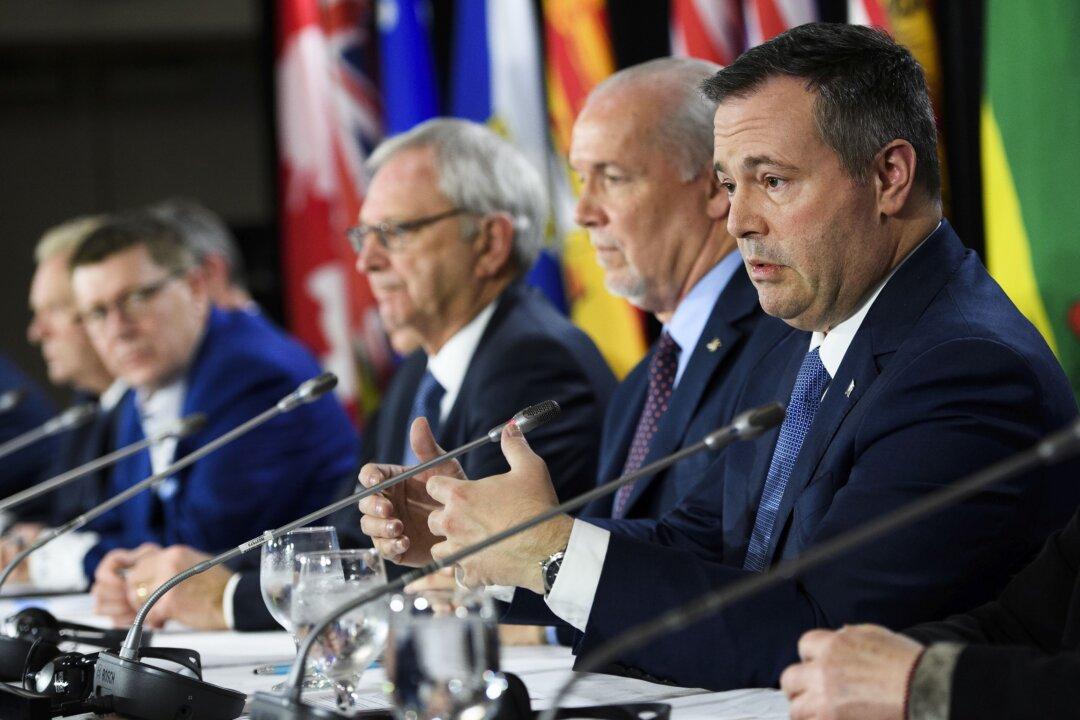Canada’s premiers want more money from Ottawa, especially for provinces suffering from the lingering slump in the oil sector. Their announcement was made following the annual meeting of the country’s 13 premiers in Toronto on Dec. 2.
Even the premiers of Quebec and British Columbia, despite their opposition to pipelines, joined a united call for more federal help to oil-rich provinces.





